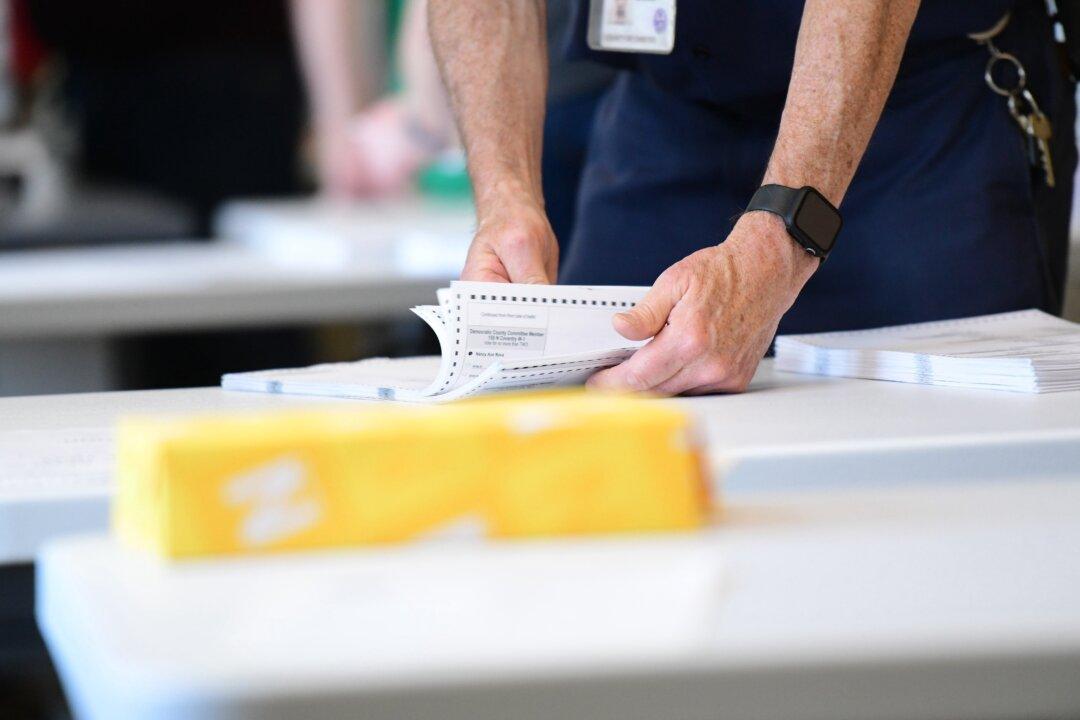An election integrity group, PA Fair Elections, has filed a complaint with the Pennsylvania Department of State’s Bureau of Commissions, Elections and Legislation, claiming the Department of State is in violation of the Help America Vote Act (HAVA) by failing to require overseas voters to provide identification when registering to vote.
The HAVA, passed in 2002, established minimum election standards for state and local governments in the administration of Federal elections.





